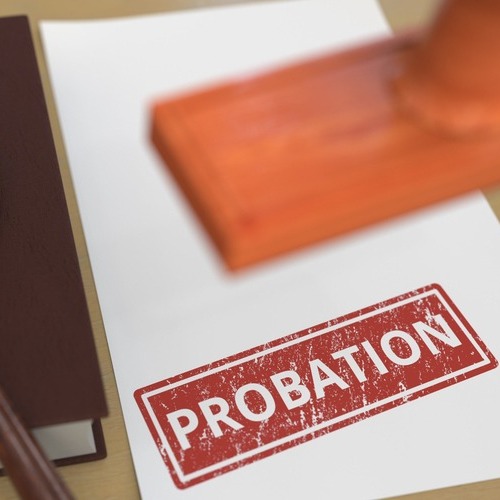
Different Types of Bail Bonds
Bail is a monetary amount set by the court to secure the release of a defendant from custody pending trial. It serves as a form of collateral to ensure the defendant’s appearance in court. There are several different kinds of bail bonds. A cash bail is when the defendant or someone on their behalf pays the full bail amount in cash to the court. The second type of bail is known as a surety bond. This is when a bail bondsman, also known as a bail agent, posts bail on behalf of the defendant in exchange for a non-refundable fee, typically a percentage of the total bail amount. Property bonds occur when the defendant or someone on their behalf provides property, such as real estate, as collateral to secure the bail amount. Sometimes, a defendant is released from custody without posting bail, based on their promise to appear in court as required. This is referred to as Release on Recognizance (ROR). The ROR is typically granted to low-risk individuals with strong ties to the community.
A bail bondsman acts as a surety by providing financial assistance to defendants who cannot afford to pay their bail in full. In exchange for posting bail, the defendant pays a non-refundable fee, known as a premium, to the bail bondsman.
The Bail Bond Process
The bail bond process begins with a consultation. During this time, the defendant or their representative meets with a bail bondsman to discuss the bail bond process, fees, and terms. Next, the bail bondsman assesses the defendant’s eligibility for a bail bond and approves the application if deemed appropriate. Once approved, the bail bondsman posts bail on behalf of the defendant, allowing them to be released from custody. The defendant must appear in court for all scheduled hearings and comply with any conditions of their release.
Although the bail bondsman plays a significant role, the defendant also has responsibilities. The defendant is required to attend all court hearings as required, or risk forfeiting their bail. They must also comply with certain conditions, such as refraining from contacting victims or witnesses, staying within a specified area, or submitting to drug testing. If the defendant fails to appear in court, they may be responsible for reimbursing the bail bondsman for the full bail amount.
If the defendant fails to appear in court as required, the court may issue a bench warrant for their arrest, and the bail may be forfeited. In such cases, the bail bondsman may attempt to locate and apprehend the defendant to avoid financial loss.
By understanding the basics of bail bonds, defendants and their families can make informed decisions and navigate the legal process more effectively. It’s advisable to consult with a qualified attorney or bail bondsman for personalized guidance and assistance.















